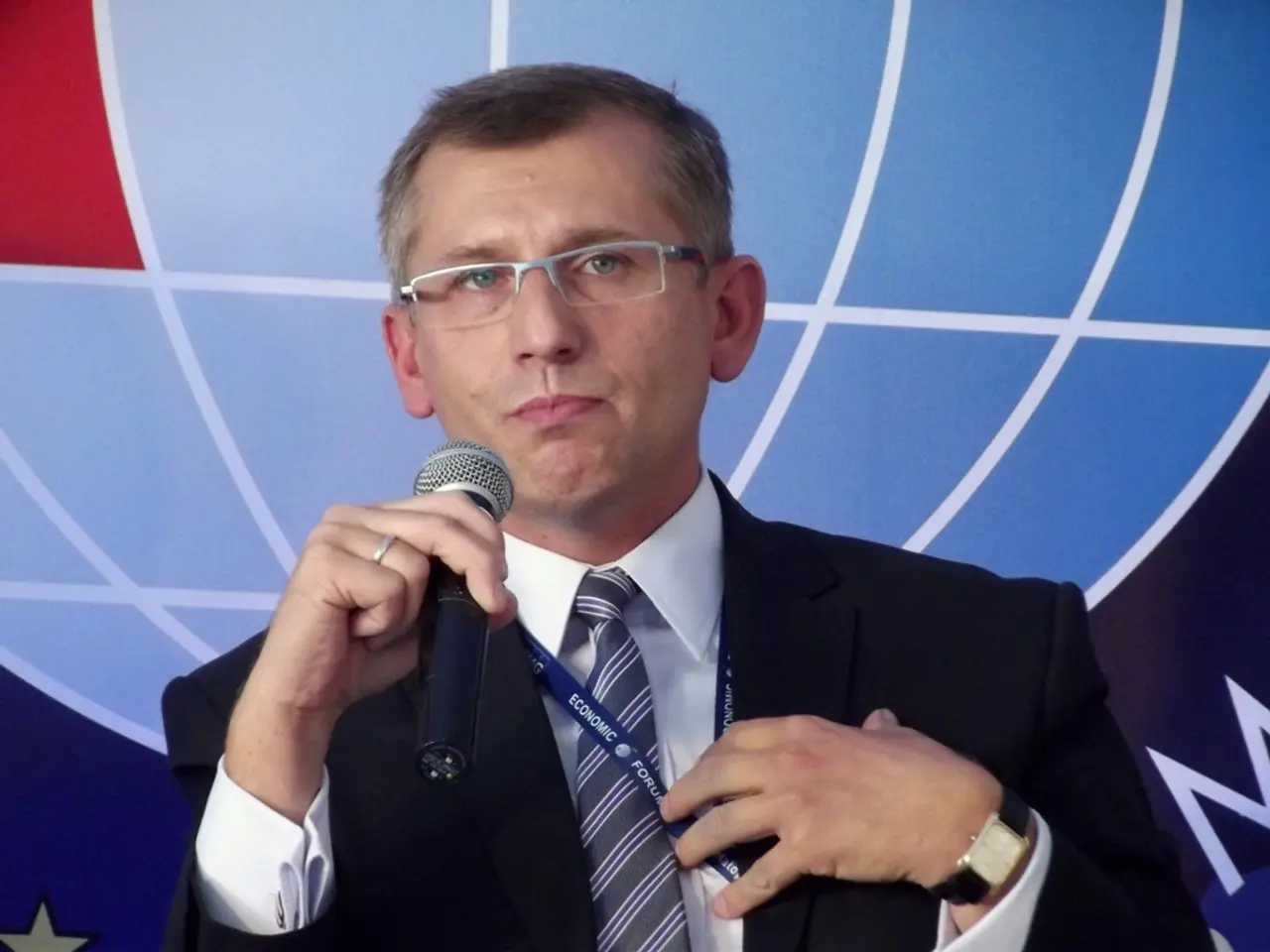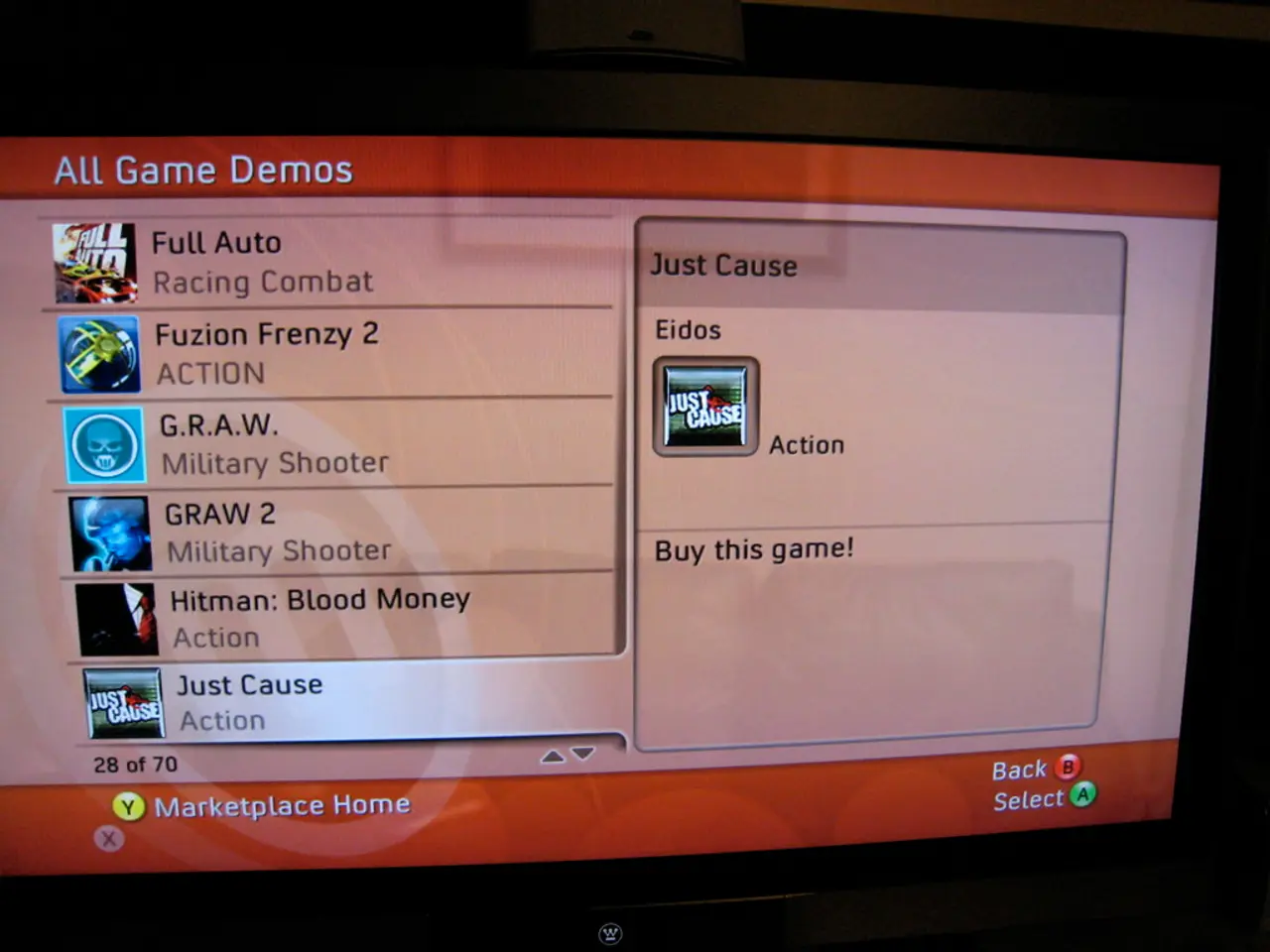Reduced SMS Charges on WhatsApp: SMS Prices Plummet to 0.26 Cents in Zimbabwe, But What About Voice Calls?
In Zimbabwe, WhatsApp has become the primary internet usage for many people, thanks to its data-efficient design, offline messaging features, and suitability for the limited and often costly internet access available.
Econet, the country's largest mobile operator, has taken steps to limit the impact of WhatsApp voice calls by restricting them. For Econet users calling other Econet users, a WhatsApp call is equivalent to 192 minutes. This move aims to safeguard voice revenue for as long as possible, as WhatsApp's introduction of voice calling is expected to decrease mobile operator voice call revenue.
However, the success of Econet's approach remains to be seen. SMS usage in Zimbabwe could have been higher if mobile operators had adjusted their prices quickly to deal with the emerging threat. In 2011, a single 160-character SMS in Zimbabwe cost 9 cents, but today, Econet charges $2.90 for 1,100 SMSes, a 97.11% reduction from 2011 prices. In contrast, today, $1 buys practically unlimited WhatsApp texts for a week in Zimbabwe.
WhatsApp partnered with mobile operators worldwide to promote internet adoption. Its popularity in Zimbabwe is due to its low data consumption, offline messaging features, and simple user interface, which accommodates intermittent connectivity common in the country. As most people in Zimbabwe use WhatsApp, it becomes the default communication platform, increasing its value for social and business interactions.
A $1 weekly WhatsApp bundle provides approximately 384 minutes of WhatsApp calls (at 0.3MB per minute). Compared to highly connected and urbanized countries like Singapore with 95.8% internet penetration and extensive digital services usage, Zimbabwe’s internet penetration is much lower and less stable. WhatsApp's lightweight design and core messaging features meet a critical need that more bandwidth-heavy apps can't serve as effectively.
The question remains whether Econet should focus on restricting WhatsApp calls or making traditional voice calls more competitive in price. The increase in data usage due to WhatsApp calls may lead to increased revenue, but at the expense of more lucrative voice revenue. It is a delicate balance that mobile operators must navigate to remain competitive in the digital age.
- In the realm of finance, mobile operators like Econet face a challenge as WhatsApp's voice calls, with their low data consumption, pose a threat to traditional voice call revenue.
- As technology advances and apps like WhatsApp become more popular in countries with limited internet access, such as Zimbabwe, mobile operators might need to reconsider their pricing strategies for both data and voice services to remain competitive.




